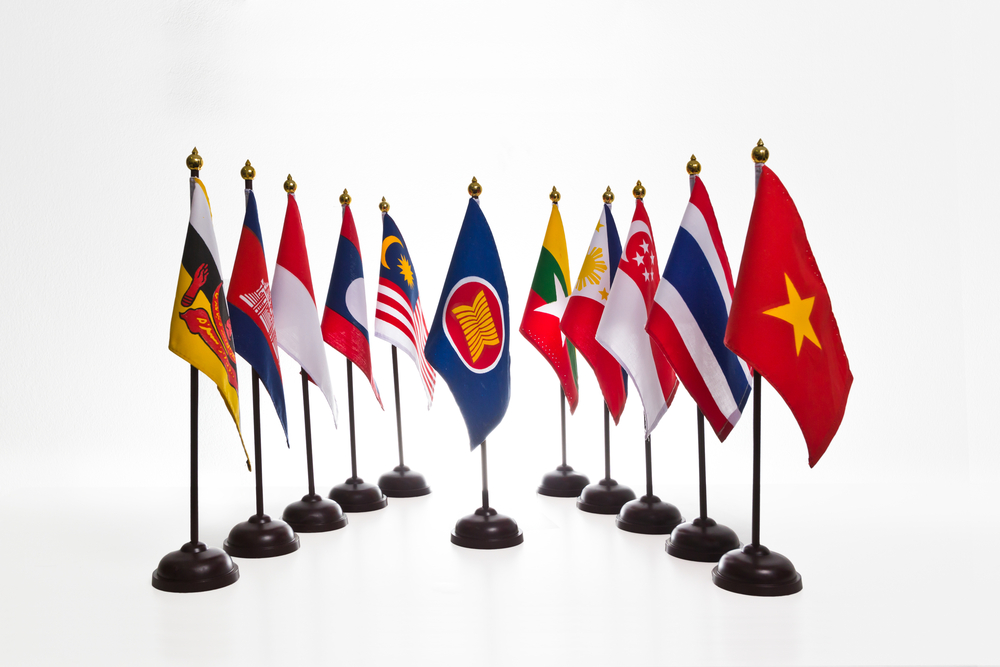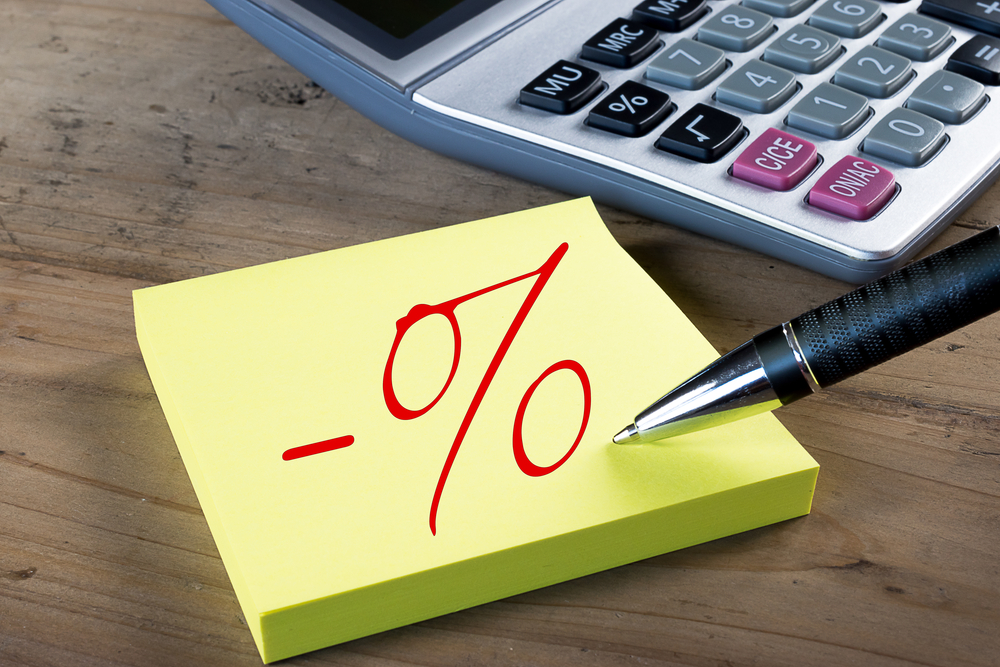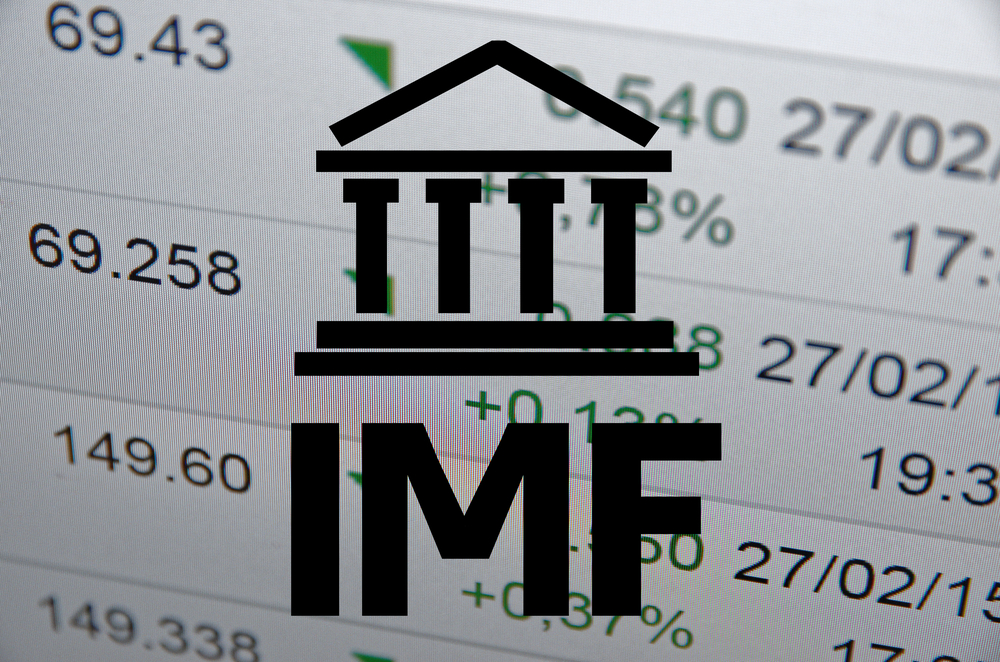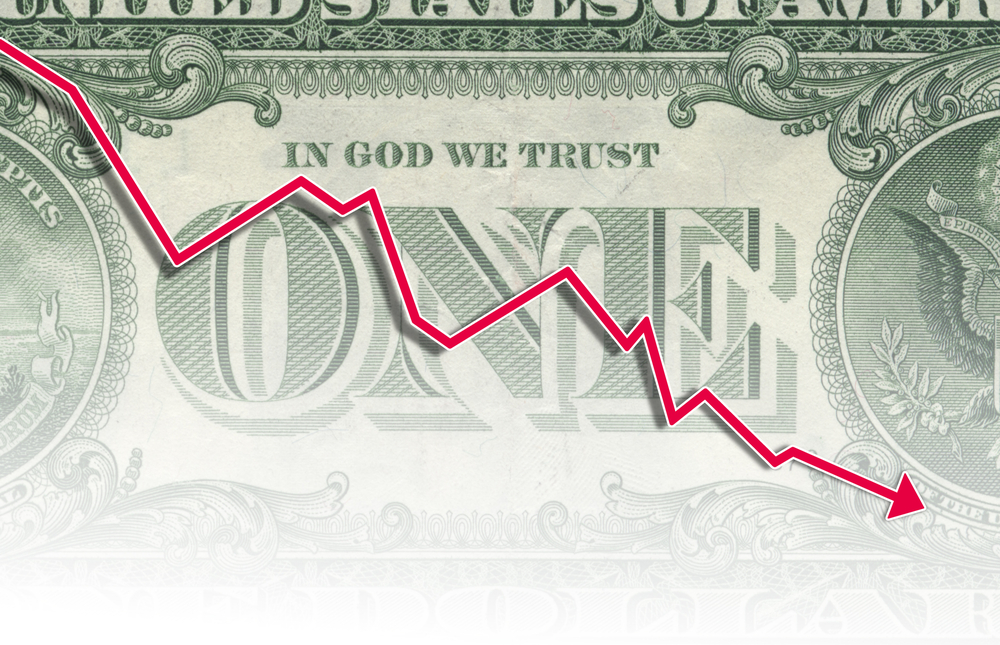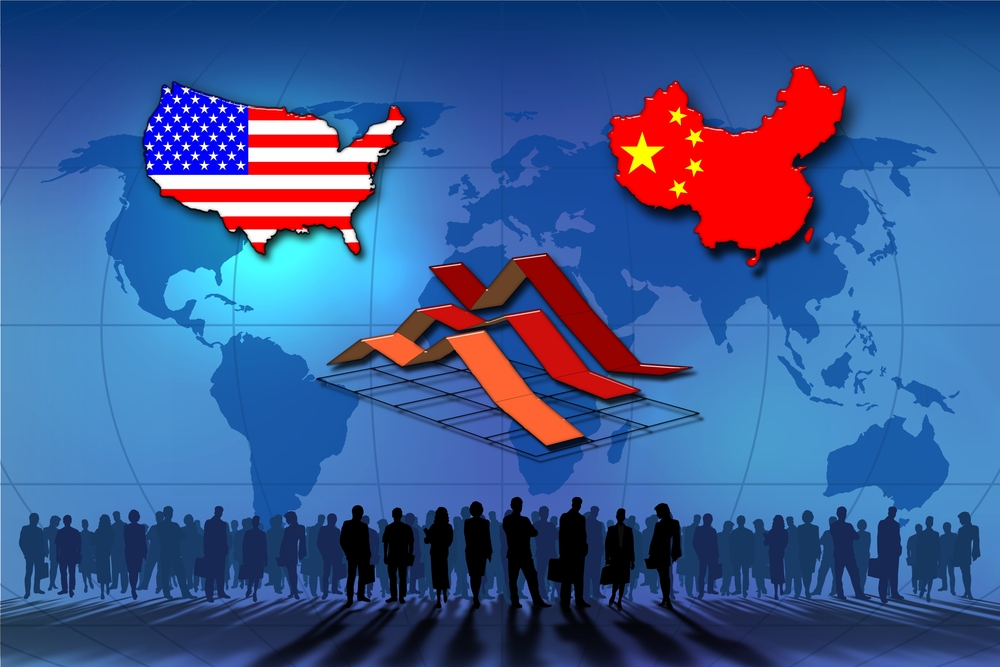Anguish, Opportunity and Trade Agreements
At the last Asia Pacific Economic Cooperation (APEC) Summit in November 2015, the United States and China advanced their own set of interests with respect to trade agreements in the Asia-Pacific region. While the United States celebrated the conclusion of...
When did Negative Interest Rates become a Thing?
In many ways, the world has turned upside down. It is not just central banks that have set policy rates below zero, but the entire German curve out through eight years have negative yields. Japan, which has the largest debt...
Eastern Europe’s Geopolitics Goes Underappreciated
The great British geographer Halford Mackinder invented the term “geopolitics” over 100 years ago. He painted a grand vision of international relations that revolved around one fear: dominance of what he called the “Heartland” of Eurasia. Mackinder believed the road...
The Dollar Slips and Data from Japan Starts the Week
Many markets are closed in Asia, and although Tokyo managed posted equity gain, most other markets in the region that were open fell. In addition, the selling pace picked up in Europe. The Dow Jones Stoxx 600 is off 2.3%,...
Maybe not Recession-bound, but the Energy Sector is not Helping
With many equity markets having fallen 20% from their peaks, meeting a common definition of a bear market, investors, analysts, and journalists understandably seek a narrative that gives it meaning. At the very start of the year, the culprit singled...
RBA: We May, or May Not, Cut Rates
The Reserve Bank of Australia left the benchmark cash rate at 2.0% on Tuesday, summarising the thinking as follows: “At today’s meeting, the Board judged that there were reasonable prospects for continued growth in the economy, with inflation close to...
Legacy Development Aid is Slow to Meet New Needs
In academic discourse, it has become almost ritualistic to begin a piece on foreign aid by highlighting the sharp controversies over its effectiveness as a tool to promote social and economic progress in developing countries. This has happened even though...
Does the IMF Composition Align with Whom it Represents?
Recently, the International Monetary Fund announced “historic reforms” in its governance. In reality, changes have barely begun. The IMF does not look like the world it purports to represent. During the global crisis of 2008/9, advanced economies could no longer...
Under Pressure: The Greenback Gets No Love
The US dollar remains under broad pressure after yesterday's sharp decline. Neither dovish comments by ECB President Draghi, nor the Reserve Bank of New Zealand have managed to reverse the gains of their respective currencies. Similar, the rise in US...
Should More People Have Cellphones or Toilets and Clean Water?
By 9.30am today I will have skyped Malawi, emailed Ghana, Facebooked Nepal, paid a bill online and used the satnav on my mobile phone. It feels a long time since we first got colour TV at home and, years later,...
The Indirect IS Campaign in Southeast Asia is Taking a Toll
On 14 January 2016, four Indonesian militants mounted a brazen lunchtime assault on a Starbucks Café and a police post in downtown Jakarta. The general area boasts government offices, shopping malls and eateries as well as a United Nations office...
Finding Your Footing
The US dollar is sporting a softer profile today as the global capital markets are trying to stabilize. Oil prices have steadied, with WTI back above $30. Bond markets are narrowly mixed though the 10-year US Treasury is steady near...
Is the Importance of Those Running the IMF Overstated?
Christine Lagarde, managing director of the International Monetary Fund and a former French finance minister, faces trial for accusations of negligence. However, that has not undermined her recent declaration of her candidacy for a second term, which representatives of some...
The Usual Suspects: Same Market Drivers Remain in Place
The decline in oil and equities are lifting European bonds and Treasuries. The US dollar is firmer against most major and emerging market currencies. The decline in oil and equities are lifting European bonds and Treasuries. The US dollar is...
Playing Both Sides of the US-China Relationship
The term ‘hedging’, one of the most widely used in contemporary discussions on East Asian security, intends to capture the fact that most states in the region face conflicting economic and security interests. States wish to maximise trade and investment...

